Sinte Gleska University
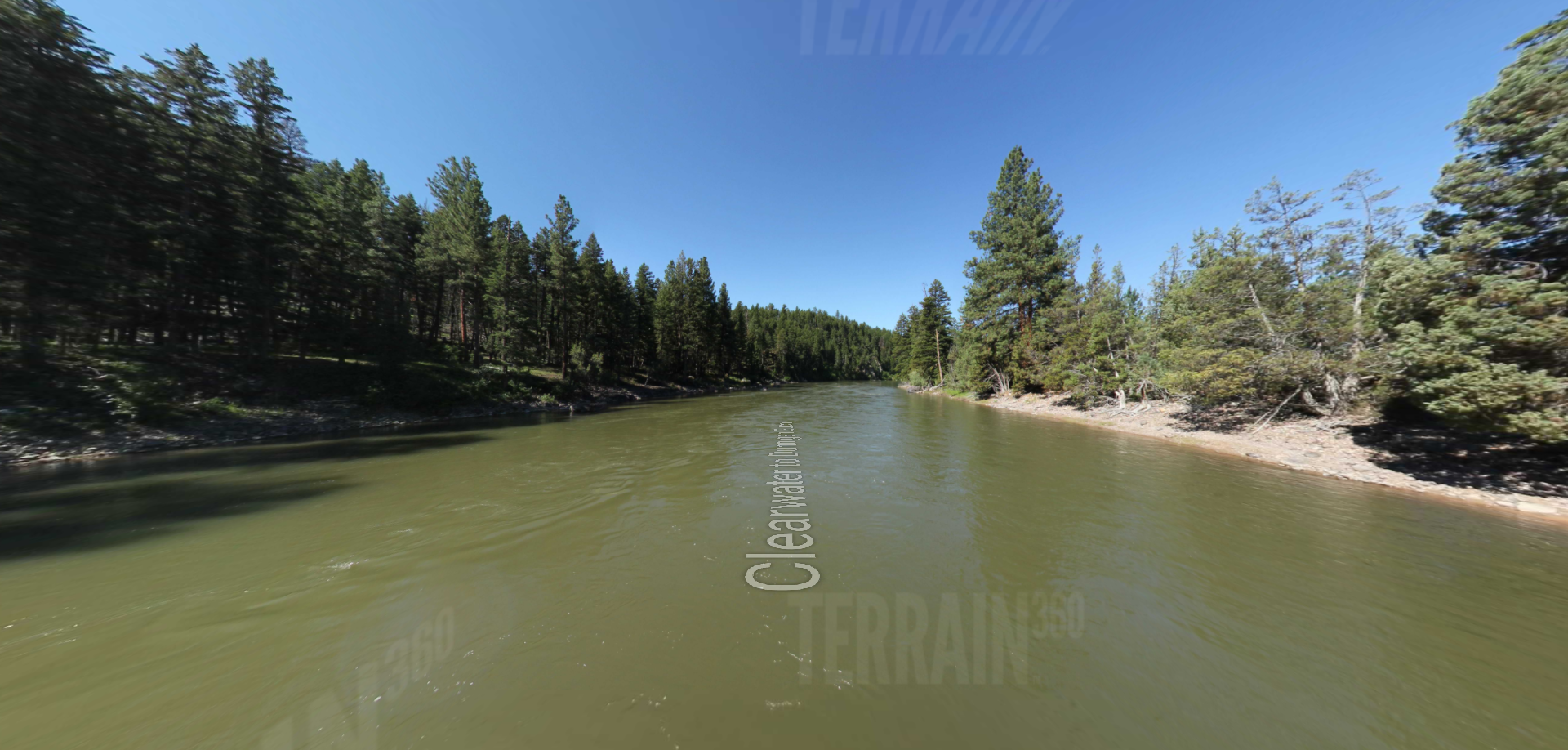

Sinte Gleska University (SGU) is a public tribal land-grant university in Mission, South Dakota, on the Rosebud Indian Reservation. This is a Brulé Lakota Indian Reservation home to the Sicangu Lakota Oyate (Burnt Thigh). Named for the Brulé Lakota Chief Sinte Gleska (Spotted Tail), SGU was founded in 1971.
Chief Sinte Gleska was a great warrior in his youth and although he had taken part in the Grattan Fight, he became convinced of the futility of opposing the white incursions into his homeland. He then became a statesman, speaking for peace and defending the rights of his Tribe and is highly noted for his interest in bringing education to the Lakota.
Lewis and Clark first made contact with the Brulé Sioux of Black Buffalo’s Band on August 30, 1806. As their expedition swept down the Missouri near present-day Yankton, South Dakota, the explorers caught sight of more than one hundred well-armed Indians lining the northeast riverbank.
Historically, the Sicangu Lakota were warriors, hunters and expert horsemen. The native plants and wildlife were very important to the Sicangu people and continue to be today. Sinte Gleska University is one of the few tribal universities with its own bison ranch and herd. Additionally, the University is leading the Nation in research centering on bison. The University welcomes visitors to tour the ranch and the campus by appointment.
With this, SGU strives to build a healthy tribal nation and sustain cultural identity by developing critical-minded learners who promote dialogue and analysis, value diversity and provide leadership. The vision of SGU also looks to strengthen the Sicangu Nation through higher education opportunities that promote indigenous models of teaching, research in tribal economic development and use of the Lakota language.
The college has programs in Lakota studies, including the language and aesthetics. It is also one of the few tribal colleges in the U.S. to offer a degree related to tribal administration.
Sinte Gleska University is committed to an educational direction and philosophy that both promotes and preserves their Lakol Wicohan (traditional way of life) in order to provide Northern Plains artists an opportunity for artistic, educational, cultural and economic growth. Therefore, they sponsor the annual Northern Plains Indian Art Market in Sioux Falls, South Dakota—which is the largest art market devoted to artwork from the Northern Plains Tribes. The event also includes Cultural Activities, Pow Wow and a Juried Art Show. The Northern Plains Indian Art Market celebrates the life ways of the indigenous people of the Northern Plains.
Additionally, the city parks in Mission, White River Park and Ghost Hawk Park in Crazy Horse Canyon offer rest and relaxation with camping and picnic facilities. Miles of rugged trails through the pine-covered hills and canyons of the reservation provide exceptional hiking. You can also enjoy an exciting rodeo, colorful wacipi (powwow), take in a weekend softball tournament or community celebration.
Distance Unit:
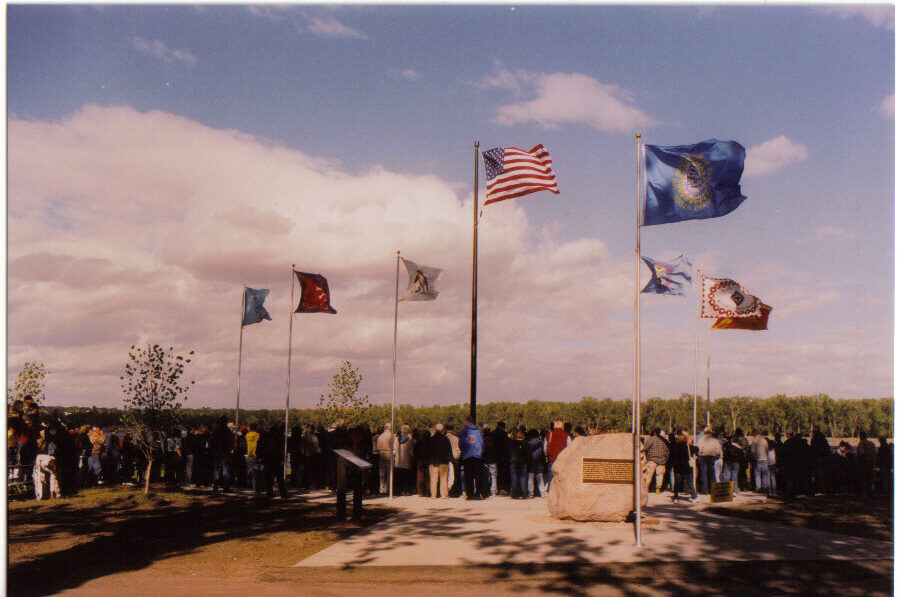
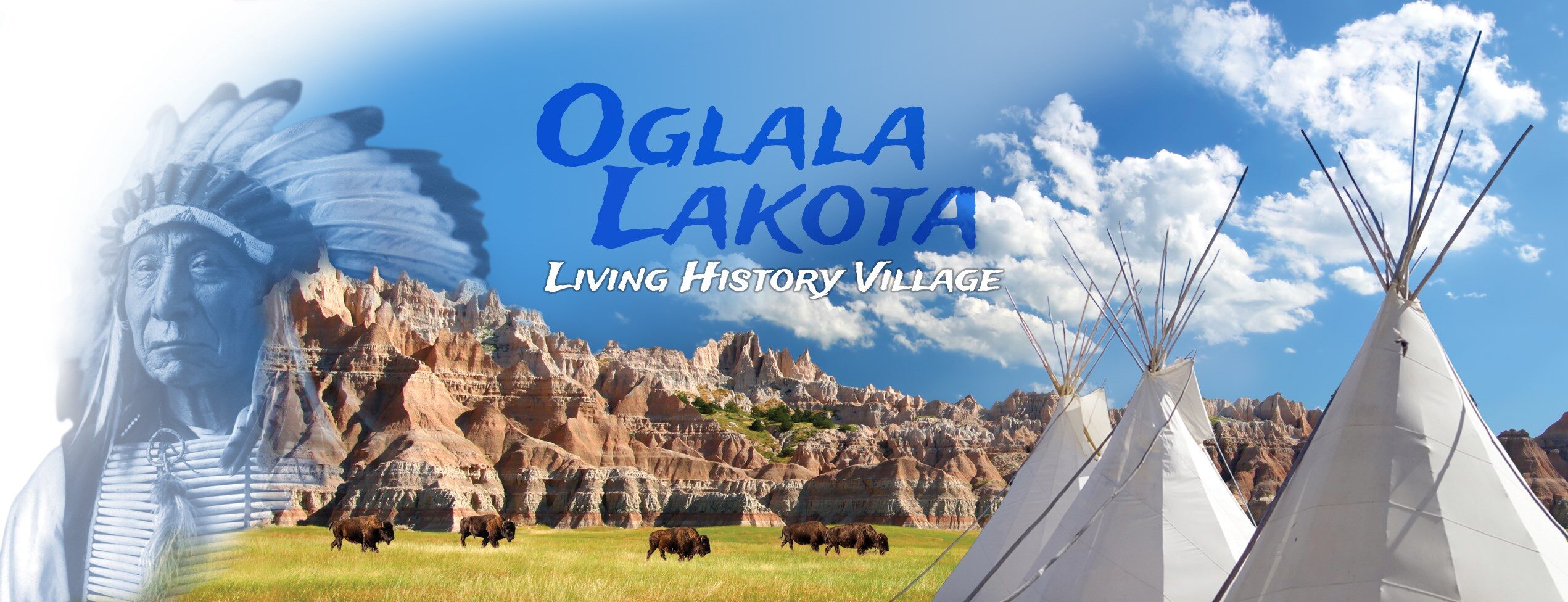
Oglala Lakota Living History Village, South Dakota 240, Philip, SD, USA
Distance: 72.67 Away
Museums and Interpretive Centers Guided Tours Tribal Experiences
View Listing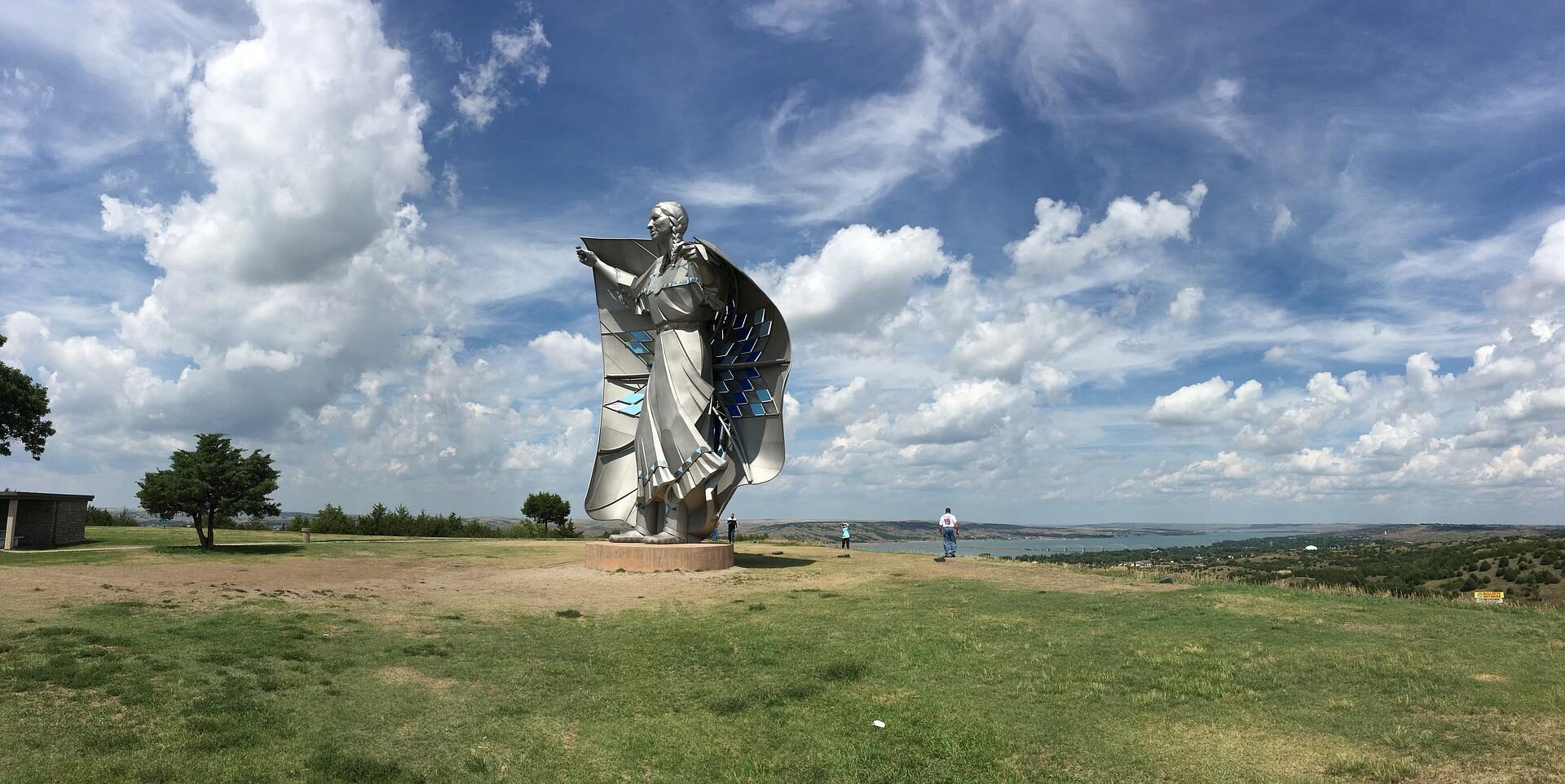
Chamberlain SD Rest Area facility, Interstate 90, Chamberlain, SD, USA
Distance: 73.20 Away
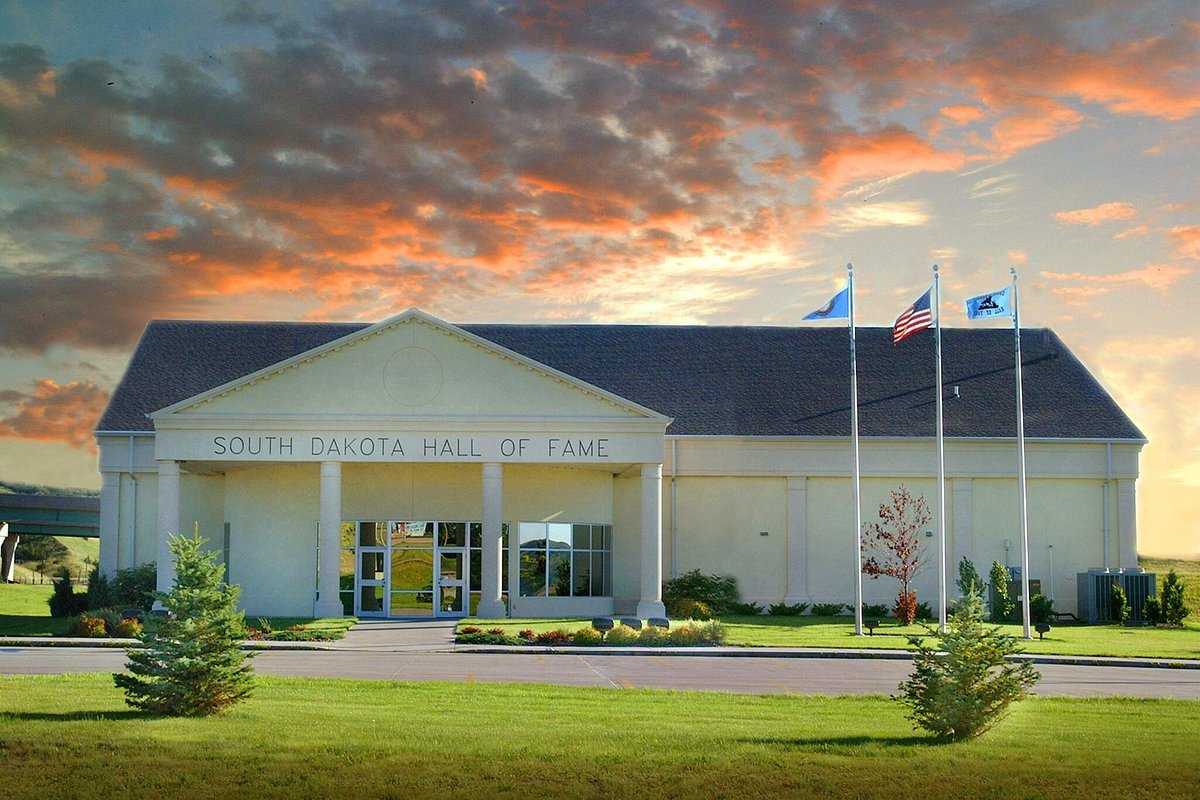
South Dakota Hall of Fame, South Main Street, Chamberlain, SD, USA
Distance: 73.43 Away
Museums and Interpretive Centers
View Listing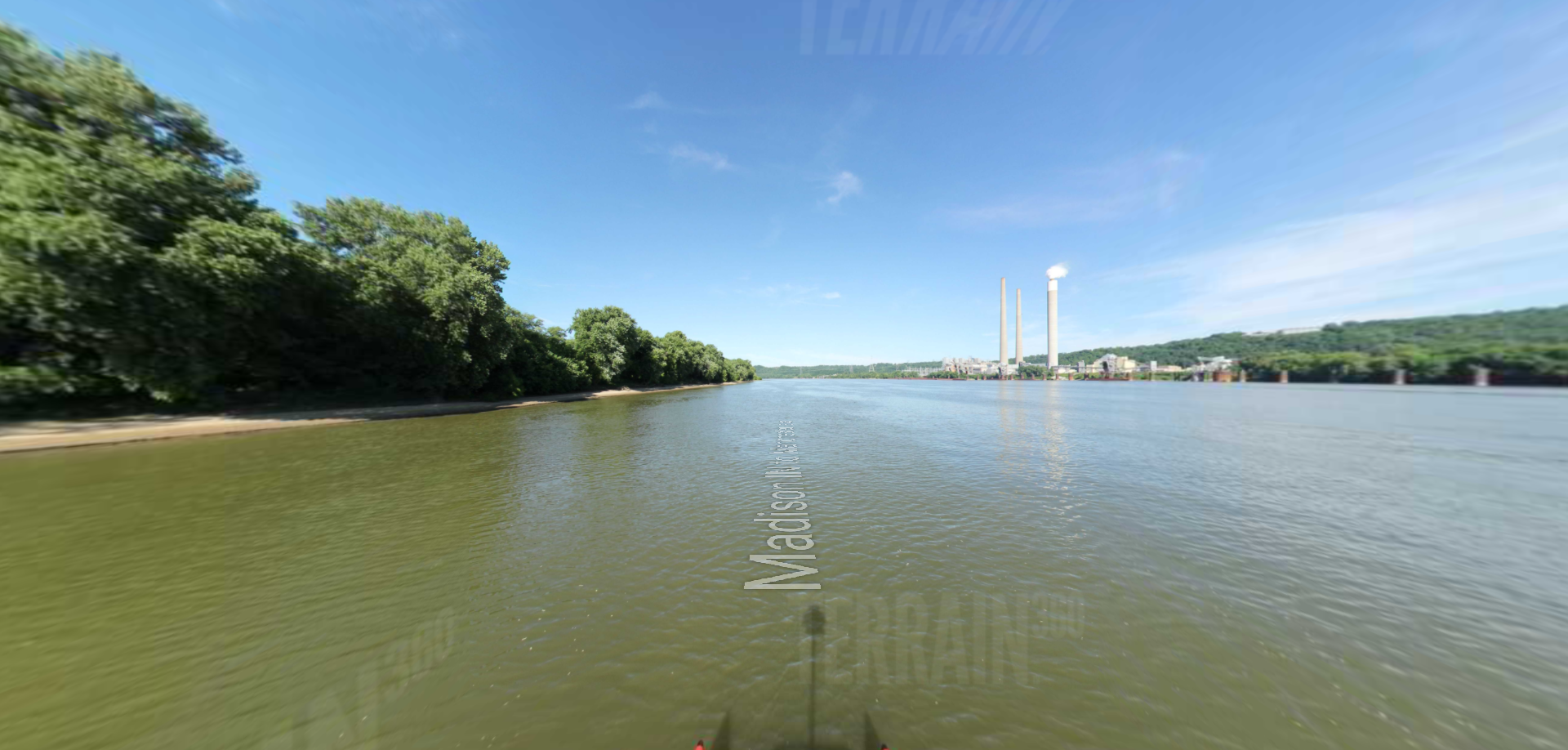
Fort Pierre, SD, USA
Distance: 73.68 Away
Festivals and Events Food and Drinks
View Listing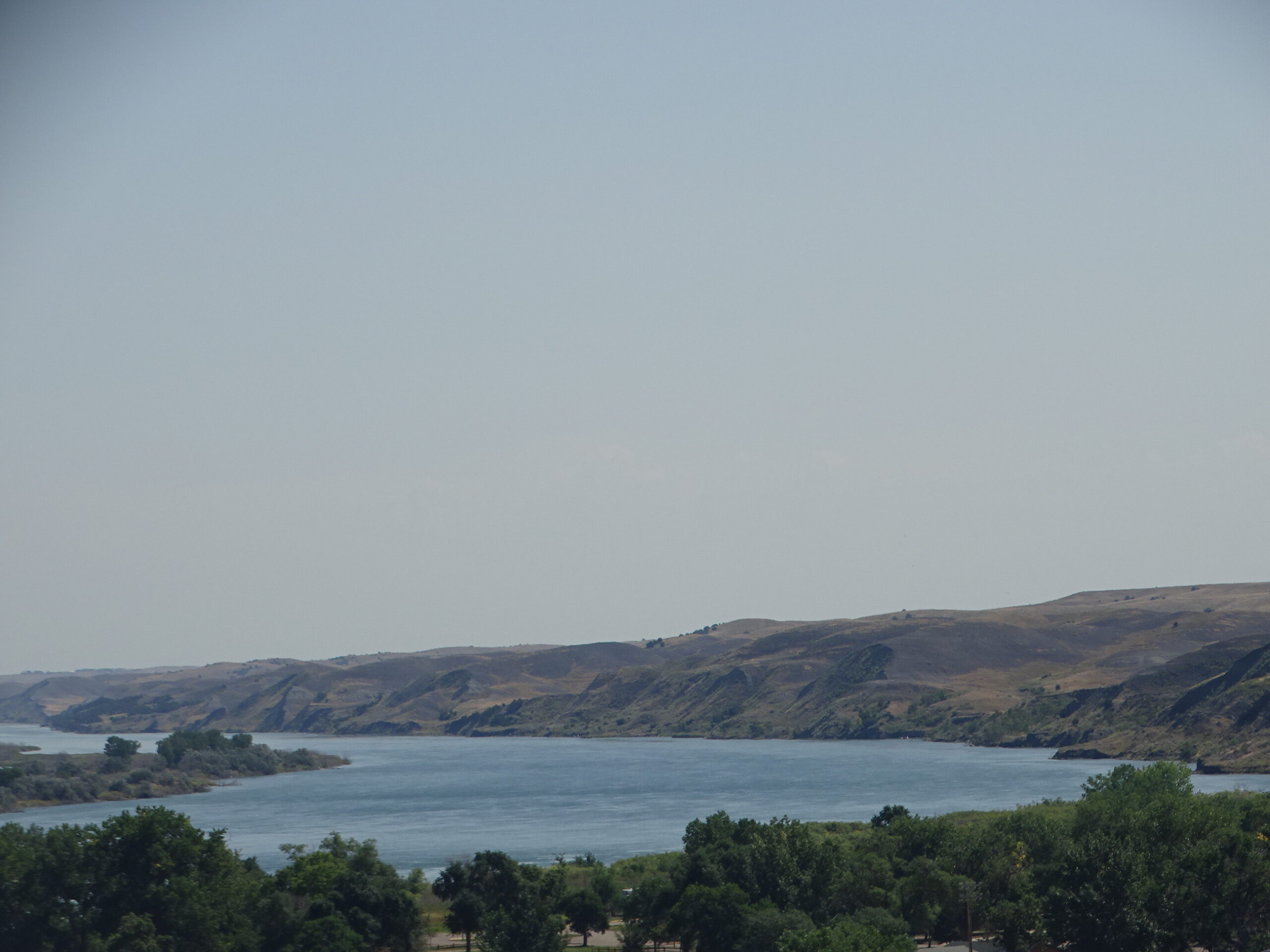
Verendrye Monument, Verendrye Drive, Fort Pierre, SD, USA
Distance: 73.76 Away
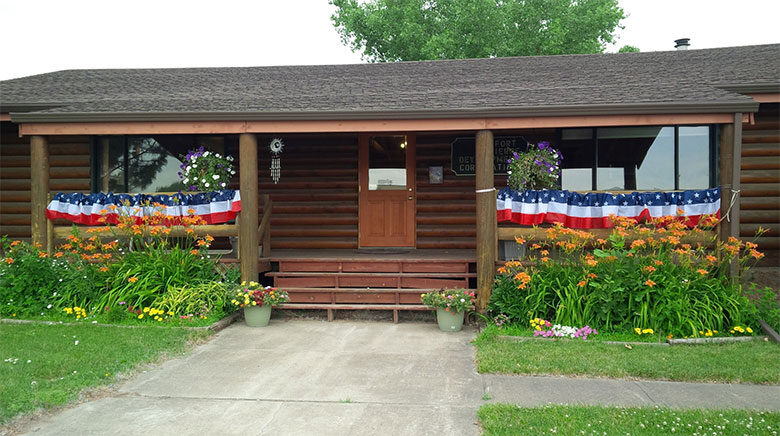
4 East Main Avenue, Fort Pierre, SD, USA
Distance: 73.77 Away
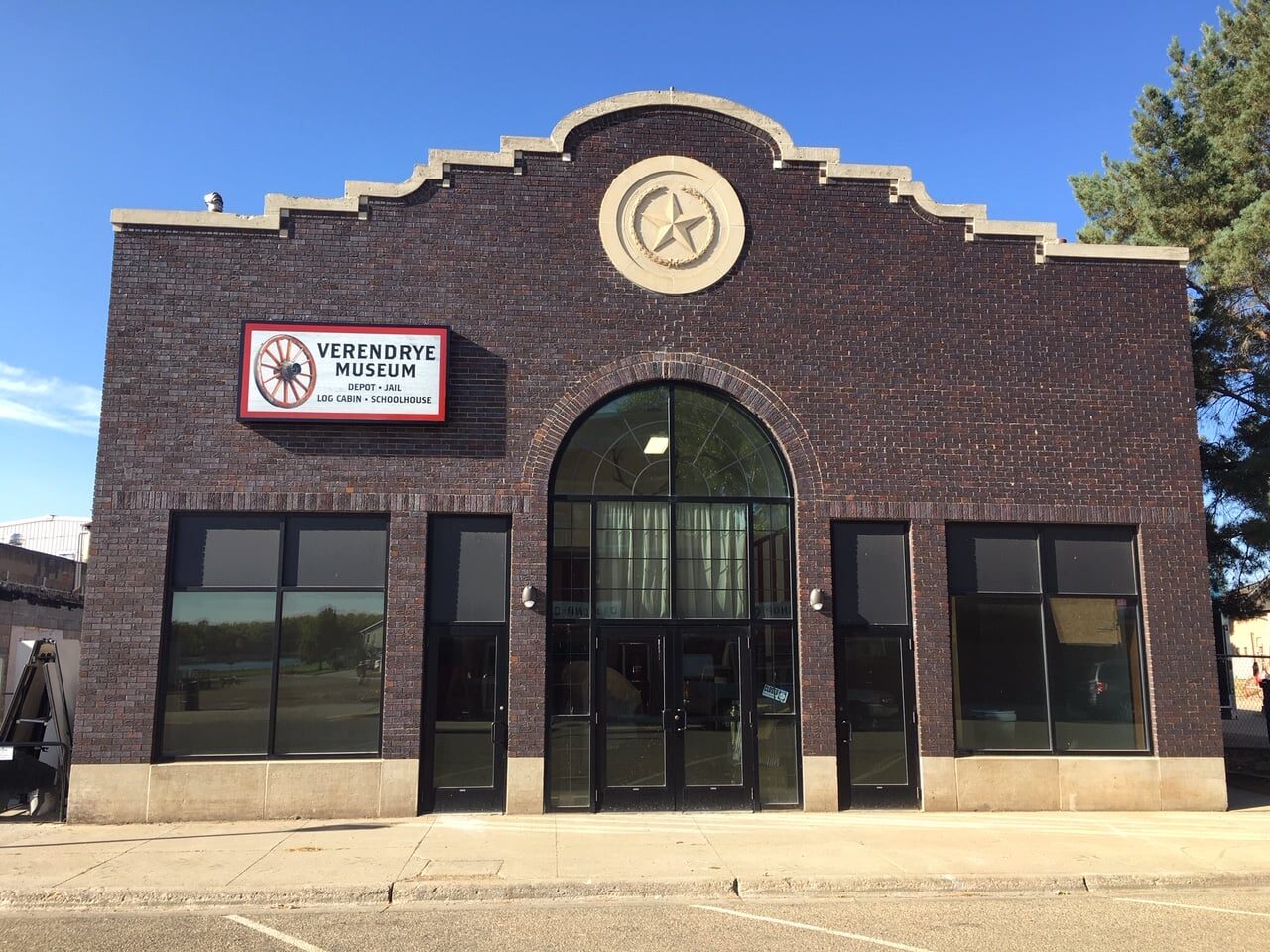
Verendrye Museum, Deadwood Street, Fort Pierre, SD, USA
Distance: 73.78 Away
Museums and Interpretive Centers
View Listing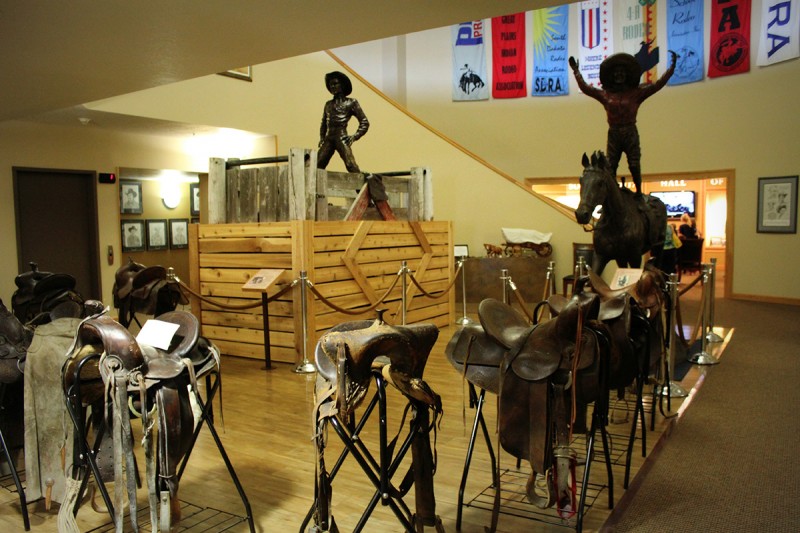
Casey Tibbs Rodeo Center Museum, Verendrye Drive, Fort Pierre, SD, USA
Distance: 73.85 Away
Museums and Interpretive Centers
View Listing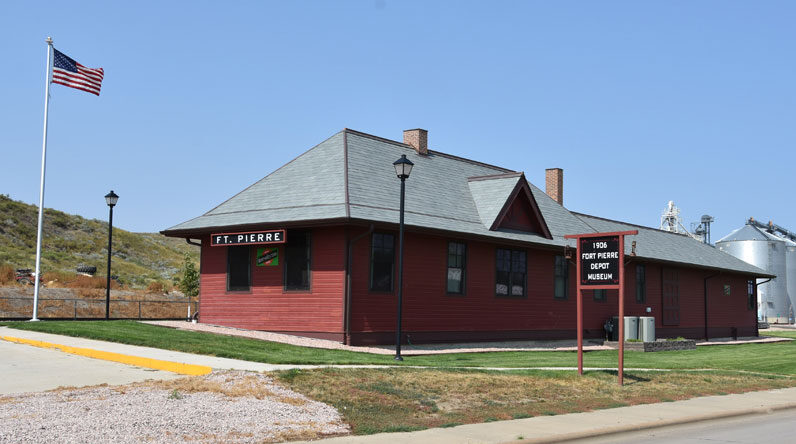
Fort Pierre Depot Museum, Fort Pierre, SD, USA
Distance: 73.93 Away
Museums and Interpretive Centers
View Listing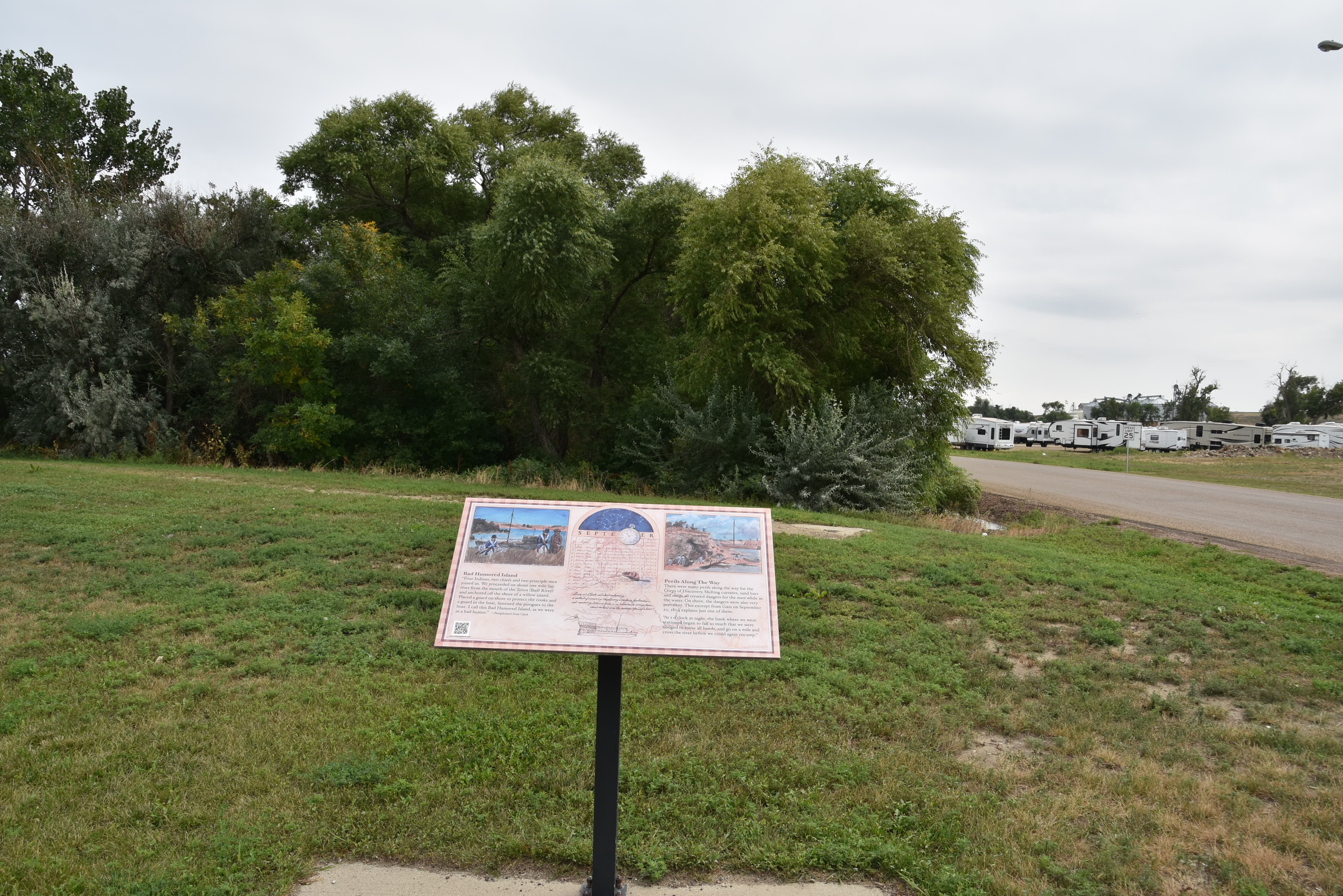
Our bi-weekly newsletter provides news, history, and information for those interested in traveling along along the Lewis & Clark Trail.